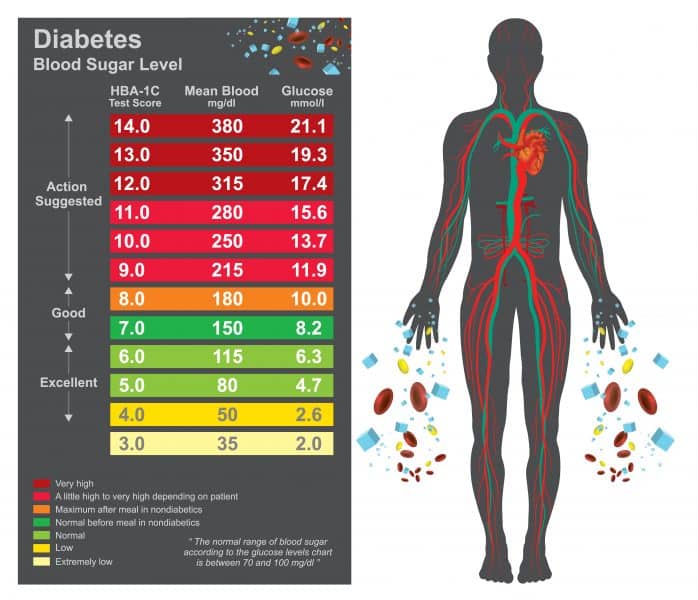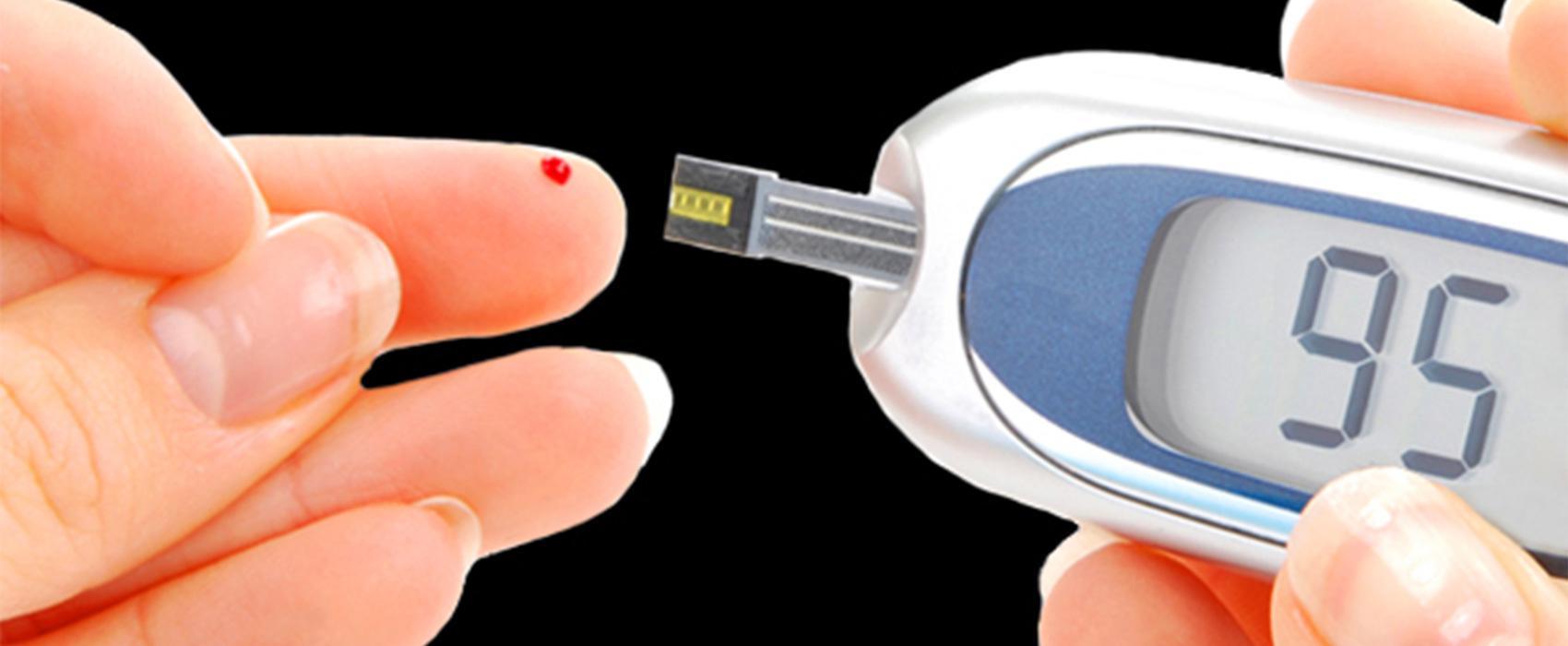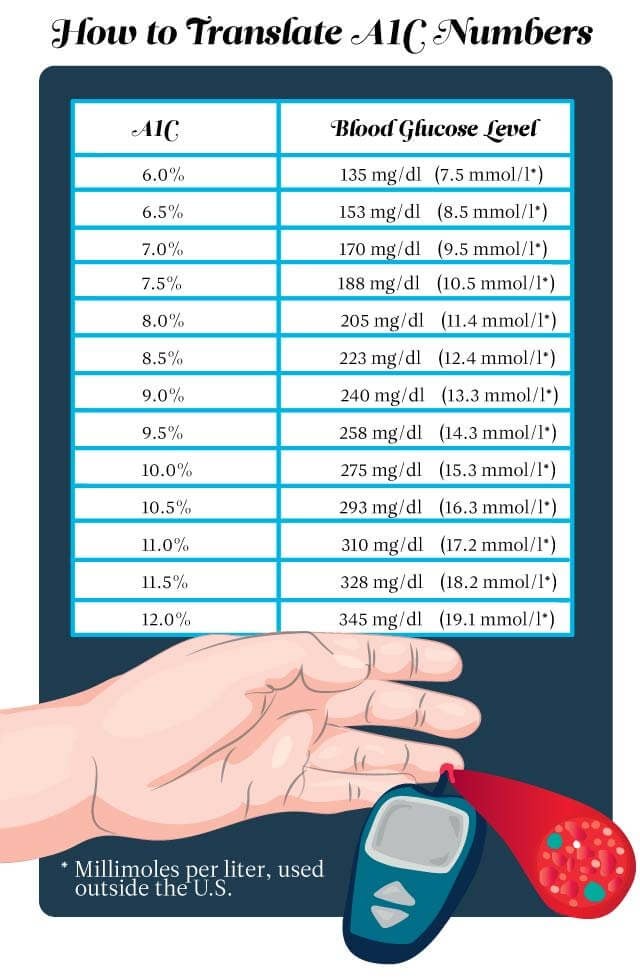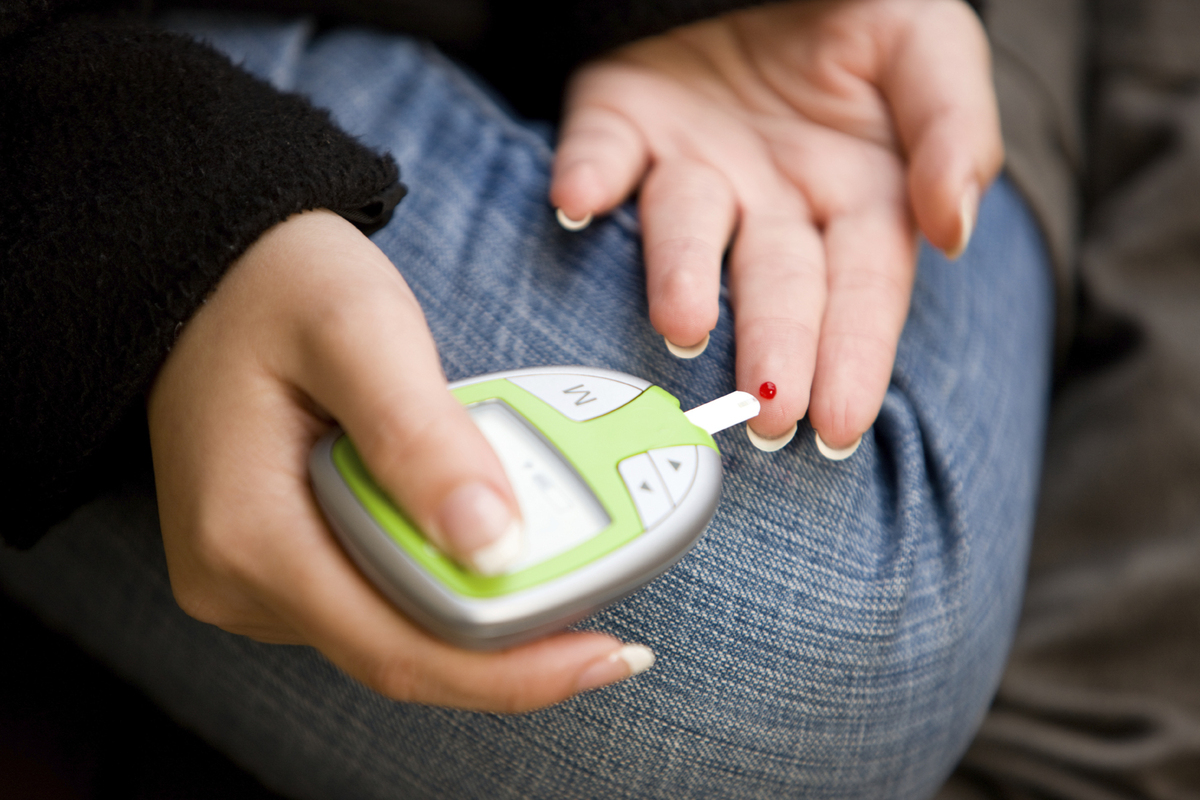Neat Info About How To Keep Your Blood Sugar Level
Drink water instead of juice or soda.
How to keep your blood sugar level. Do take any diabetes medicine you've been prescribed, as advised by your doctor or care team avoid eating too much sugary or starchy food try to find ways to manage stress exercise regularly lose weight if you're overweight Then add a source of healthy fats like avocado, nuts, or seeds [source]. Bottom line when your blood sugar levels fall within the recommended ranges, it’s a sign your diabetes treatment and management plan is working.
Also, drinking enough water could help you lower blood sugar levels and help keep the blood sugar levels within the range. Two common ways to plan meals are carbohydrate counting and the plate method. Keep track of your blood sugar levels to see what makes them go up or down.
In particular, it led to a 27.7% reduction in blood glucose levels following glucose intake, and it reduced maximum glucose spiking by 7.5%. Choose foods lower in calories, saturated fat, trans fat, sugar, and salt. Snacking on fruit can help, as well as other nonfood options.
This causes your blood sugar levels to drop. Eat balanced meals, reduce stress and exercise your blood sugar levels are affected by many things.
Switch up your carbs and sweeteners, avoiding refined flour and utilizing natural sweeteners in moderation; Include a natural source of whole food carbohydrates, such as vegetables, fruits, or whole grains. Amiclear has gotten good reviews from thousands of happy customers.
Oats are whole grains that have been shown to improve glycemic control and insulin sensitivity, which, in turn, help keep blood sugar levels low. Keep yourself hydrated. When your fasting blood sugar levels exceed 126 mg/dl on two or more separate tests, you will likely be diagnosed with diabetes.
14 easy ways to lower blood sugar levels naturally 1. Here's what to do all day. Learn how diet and exercise affect blood sugar levels.
As your blood sugar levels rise, your pancreas releases a hormone called insulin, which prompts your cells to absorb sugar from the blood. Eat at regular times, and don’t skip meals. Your carb intake strongly influences your blood sugar levels ( 7 ).
Here are goldstein’s three tips: Notably, exercise can help by increasing insulin sensitivity, allowing muscle cells to use the hormone more effectively to take up glucose and use it for energy. Breakfast sets your metabolic tone and lays the foundation for your blood sugar balance throughout the rest of the day.
You and your doctor can determine your. As per diabetes.co.uk, drinking enough water prevents dehydration and helps the kidneys flush out any excess sugar. Track your food, drink, and physical activity.
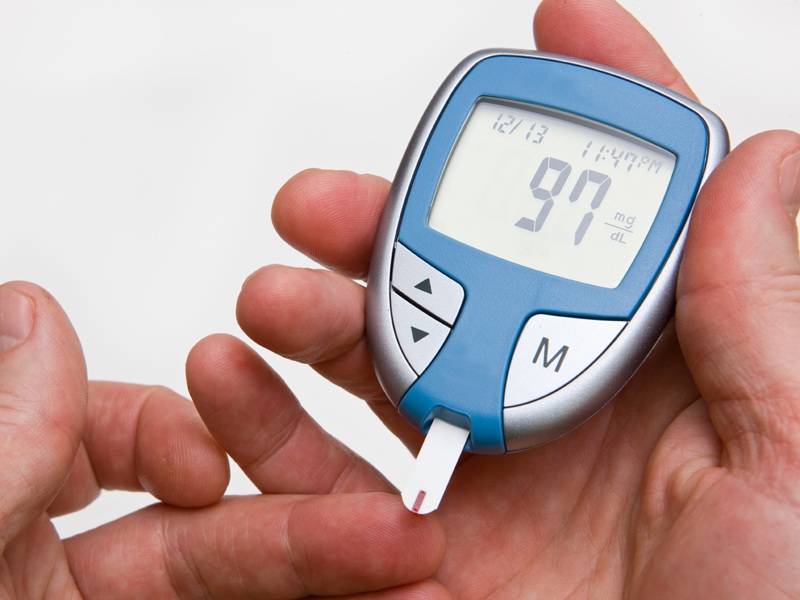
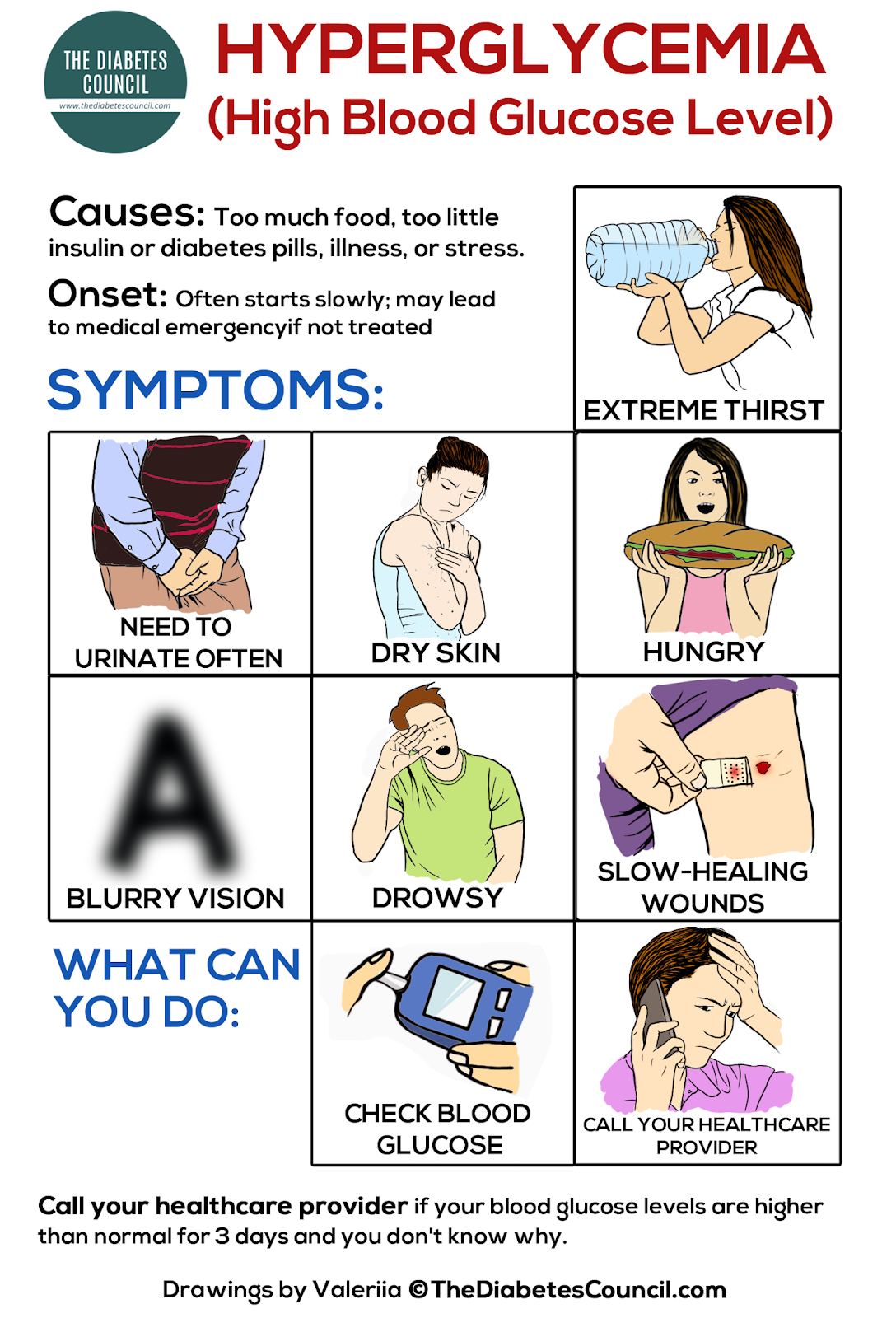





:max_bytes(150000):strip_icc()/VWH_Food-to-Lower-Blood-Sugar-for-Diabetes_Danie-Drankwalter_Final-e3144598c8664752a945e9233420ca34.jpg)

